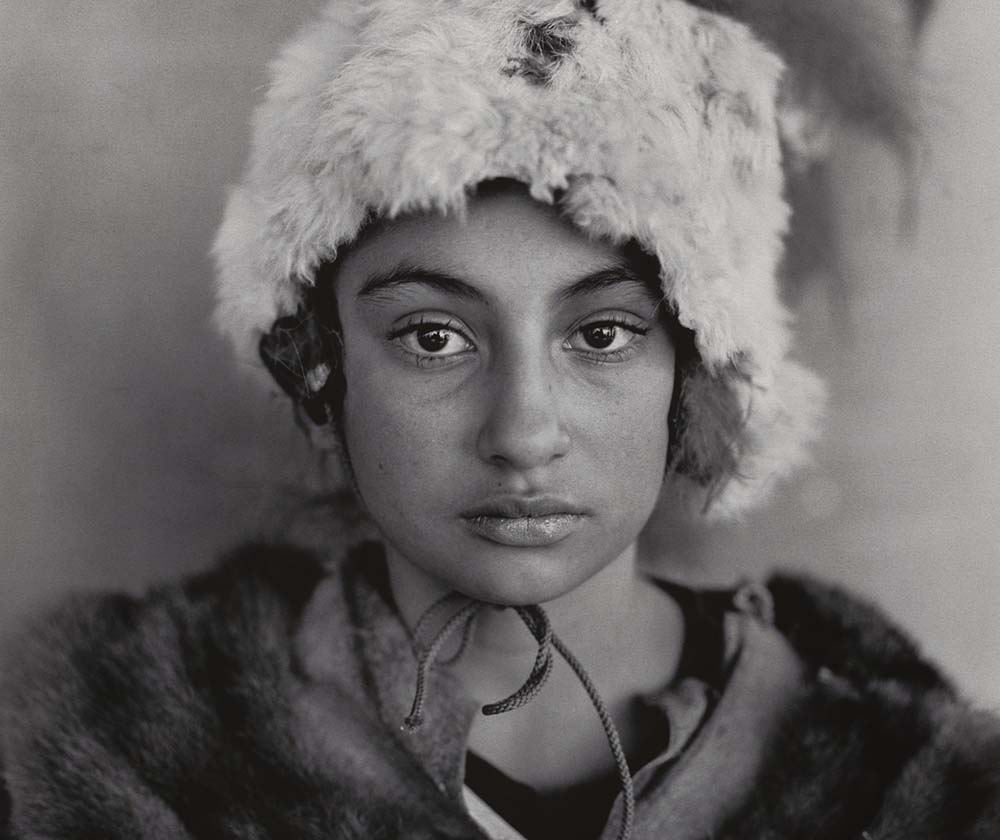
- Details
- By National Museum of the American Indian
The Other Slavery: Histories of Indian Bondage from New Spain to the Southwestern United States
Stories of enslaved Indigenous peoples have often been absent from the historical narrative. From Sept. 24–27, join the Smithsonian for a virtual symposium that explores the hidden stories of enslaved Indigenous peoples, focusing on the legacy of Spanish colonization in the Americas and Asia and its impact on what is now the southwestern United States. The event is free and will be available on demand: americanindian.si.edu/calendar
Experts from a range of academic disciplines, including Indigenous studies, anthropology, and history, will examine untold stories of coerced labor and peonage and the long-term impact of Indian slavery. Panelists will discuss the legacies of Native American enslavement with Indigenous community leaders and cultural workers. The event will explore the different forms and complexity of human bondage that resulted in hybrid cultures, tangled economic practices, and intricate social relationships between the Spanish and Indigenous communities. Overall, this program seeks to give a comprehensive “first voice” to these hushed stories and living legacies.
Presented by the Smithsonian Latino Center, the National Museum of the American Indian, and the National Museum of African American History and Culture in association with the Smithsonian’s initiative, Our Shared Future: Reckoning with Our Racial Past.
The Other Slavery symposium is made possible, in part, through support from the One Smithsonian Symposia Fund through the Smithsonian Institution’s Office of the Under Secretary for Museums and Culture. Bank of America is proud to be the founding partner of Our Shared Future: Reckoning with Our Racial Past.
Program
Contact and Globalization of Indian Slavery
|
Remarks |
Symposium Welcome and Opening Remarks Lonnie G. Bunch III, Secretary, Smithsonian |
|
Session 1 |
Global and National Contexts of Indian Bondage Philip J. Deloria, Leverett Saltonstall Professor of History, Harvard University Tiya Miles, Professor of History and Radcliffe Alumnae Professor, Harvard University Andrés Reséndez, Professor of History, University of California, Davis
Moderator, Scott Manning Stevens, Director of Native American and Indigenous Studies, Syracuse University |
|
Session 2 |
Slavery in the Spanish Empire: The Philippines and the Southwest Borderlands James F. Brooks, Carl and Sally Gable Distinguished Professor of History, University of Georgia Ramón A. Gutiérrez, Preston & Sterling Morton Distinguished Service Professor Emeritus of U.S. History and the College, University of Chicago Tatiana Seijas, Associate Professor of History, Rutgers University Moderator, Gabrielle Tayac, Associate Professor of Public History, George Mason University |
|
Session 3 |
Living Cultures: Genízaro Traditions Today Chavela Trujillo, Dancer, Indita del Pueblo Genízaro de Abiquiú, New Mexico Delilah Trujillo, Dancer, Indita del Pueblo Genízaro de Abiquiú, New Mexico Dexter Trujillo, Ceremonial Leader, Pueblo Genízaro de Abiquiú, New Mexico Virgil Trujillo, Historian, Pueblo Genízaro de Abiquiú, New Mexico Moderator, Patricia Trujillo, Deputy Secretary, New Mexico Higher Education Department
Performance Las Inditas del Pueblo Genízaro de Abiquiú, New Mexico |
|
Remarks |
Symposium Perspectives Kevin Gover, Under Secretary for Museums and Culture, Smithsonian |
Legacy of Indian Slavery in the United States
|
Remarks |
Cultural Representations of Indian Slavery Eduardo Díaz, Director, Smithsonian Latino Center and Interim Director, National Museum of the American Latino |
|
Session 4 |
Indo-Hispanos: Contemporary Indigenous and Hispanic Intersections Ana X. Gutiérrez Sisneros, Associate Professor of Nursing, Northern New Mexico College Isabel War Trujillo, Director and Grant Administrator, El Pueblo de Abiquiú Library and Cultural Center Patricia Trujillo, Deputy Secretary, New Mexico Higher Education Department Moderator, Simon Romero, National Correspondent, The New York Times |
|
Session 5 |
Kinship and Genocide in California Benjamin Madley, Associate Professor of History, University of California, Los Angeles Erika Pérez, Associate Professor of History, University of Arizona Helen and Christina Salazar, Descendants of Eulalia Pérez de Guillén Gabrielino Elders, San Gabriel, California Moderator, Anthea M. Hartig, Elizabeth MacMillan Director, National Museum of American History |
|
Session 6 |
Legacies of Indian Bondage Vanielle Blackhorse, Community Leader, Navajo Nation Mary Elliott, Curator of American Slavery, National Museum of African American History and Culture Brandie Macdonald, Director of Decolonizing Initiatives, Museum of Us Royleen J. Ross, Cultural Psychologist, Consultant The Honorable Brian D. Vallo, Governor, Pueblo of Acoma Moderator, Michelle Delaney, Assistant Director, History and Culture, National Museum of the American Indian |
|
Remarks |
Closing Reflections Mary Elliott, Curator of American Slavery, National Museum of African American History and Culture |
Miguel A. Gandert, Linda Elena, Talpa, NM, 1995, gelatin silver print, Smithsonian American Art Museum, museum purchase through the Smithsonian Latino Initiatives Pool, administered by the Smithsonian Latino Center, 2016.20.6, © 1995, Miguel Gandert
Help us defend tribal sovereignty.
At Native News Online, our mission is rooted in telling the stories that strengthen sovereignty and uplift Indigenous voices — not just at year’s end, but every single day.
Because of your generosity last year, we were able to keep our reporters on the ground in tribal communities, at national gatherings and in the halls of Congress — covering the issues that matter most to Indian Country: sovereignty, culture, education, health and economic opportunity.
That support sustained us through a tough year in 2025. Now, as we look to the year ahead, we need your help right now to ensure warrior journalism remains strong — reporting that defends tribal sovereignty, amplifies Native truth, and holds power accountable.
 The stakes couldn't be higher. Your support keeps Native voices heard, Native stories told and Native sovereignty defended.
The stakes couldn't be higher. Your support keeps Native voices heard, Native stories told and Native sovereignty defended.
Stand with Warrior Journalism today.
Levi Rickert (Potawatomi), Editor & Publisher
